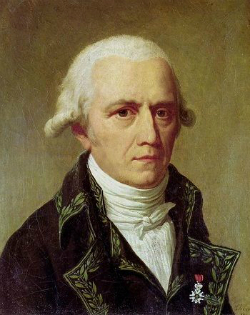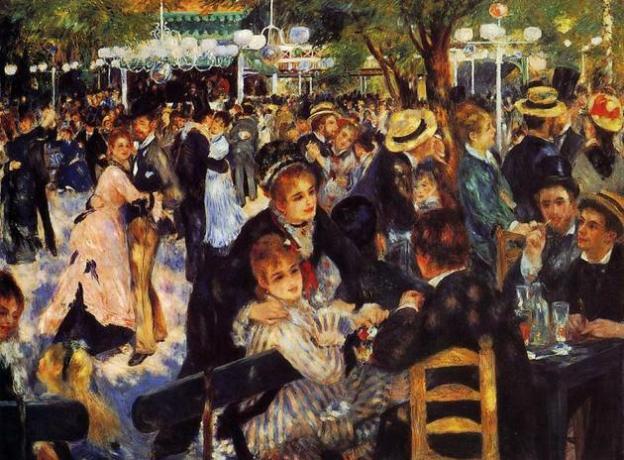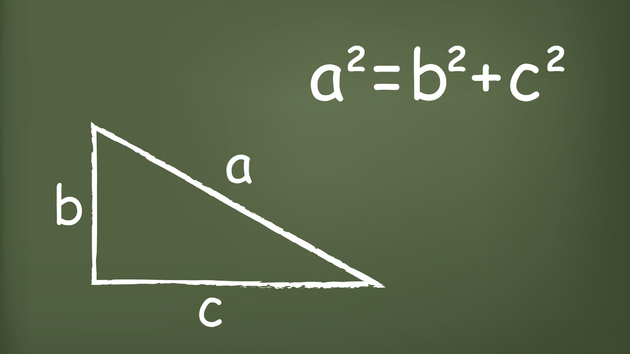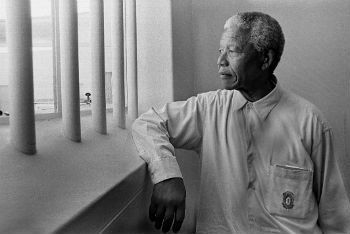Jean-Baptiste de Lamarck was a French naturalist responsible for the first theories about the evolution of living beings.
Lamarck was born on August 1, 1744 in the town of Bazentin, France. He died on December 28, 1829, without recognition of his ideas.

Lamarck
Among his evolutionary ideas, Lamarck considered that the evolution of living beings occurred as a result of environmental pressures.
According to him, organisms reacted to changes in the environment and the resulting changes were transmitted to their descendants.
Lamarck based his theory for the evolution of living beings, based on the following statement:
"Nature, by successively producing all kinds of animals, and starting at least perfect and simpler, finishes your work with the most perfect, gradually increasing your complexity".
Biography
Lamarck is the last of eleven children. Despite being born into a military family, his parents chose to refer him to the priesthood.
So he attended the Jesuit school until 1759. With the death of his father and without a religious vocation, he decided to pursue a military career.
In 1761, Lamarck began his military career as Knight of St. Martin. He participated in the Seven Years' War and in various operations on the French borders, at which time he sparked his interest in botany.
In 1768, he left the army for contracting scrofula, a type of infection in the lymph nodes in the submandibular and cervical regions. In Lamarck's case, the infection affected the neck region.
After leaving the army, he moved to Paris, where he lived on a modest pension from his paternal inheritance. He started working as a banker and began his studies in medicine and botany.
In 1778, he published the book “French Flora”, a work composed of three volumes in which he describes the species of plants in France. With this book, Lamarck gained great notoriety.
Due to the prestige achieved with his book, Lamarck assumed the post of assistant in the field of Botany at the French Academy of Sciences.
In this post, Lamarck reached higher positions, was a professor, traveled to various research institutions in Europe, and received salary increases.
After working for several years in the field of Botany, in 1793, Lamarck was invited to take up the position of professor of zoology at the National Museum of Natural History.
In 1802, he published the book “Investigations into the Organization of Living Beings”.
In 1809, he published the book “Zoological Philosophy”, in which he presents his theories on evolution.
Lamarck based his theory on two laws:
- Law of Use and Disuse
- Law of Acquired Characters
His theories became known as Lamarckism.
In 1815, Lamarck published the book “Natural History of Invertebrate Animals”, in which he presented the general characteristics of invertebrates.
Lamarck was responsible for introducing the term “invertebrates”. He was also the first to separate the groups Crustacean, Arachnid and Annelid in Insecta. Before Lamarck, everyone was recognized as an insect.
In the final years of his life, Lamarck was completely blind, making writing impossible.
After being widowed three times and father of eight children, Lamarck went to live with one of his daughters and died on December 28, 1829, in Paris, without prestige and poor.
Lamarck's evolutionary theories did not have a great impact on the scientific community at the time. Only after his death, some scientists like Charles Darwin, recognized the importance of Lamarck's theories.
Charles Darwin in the third edition of “The Origin of Species”, stated that Lamarck contributed to the dissemination of the concept of evolution.
know more about:
- Evolution theory
- Evolutionism



